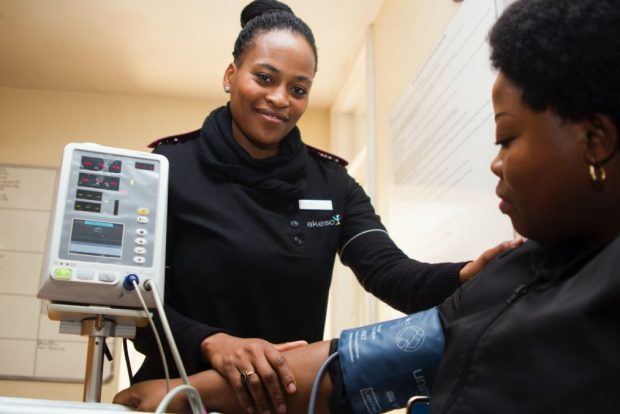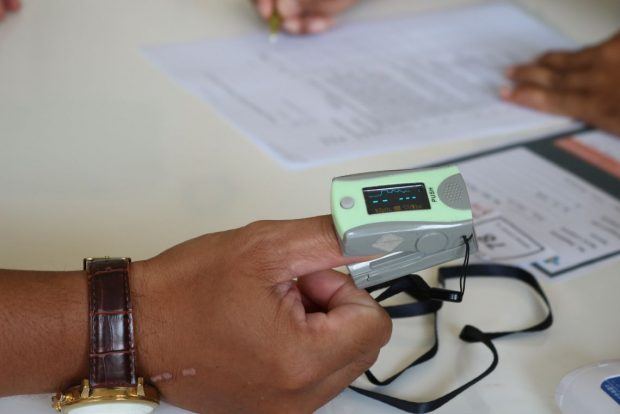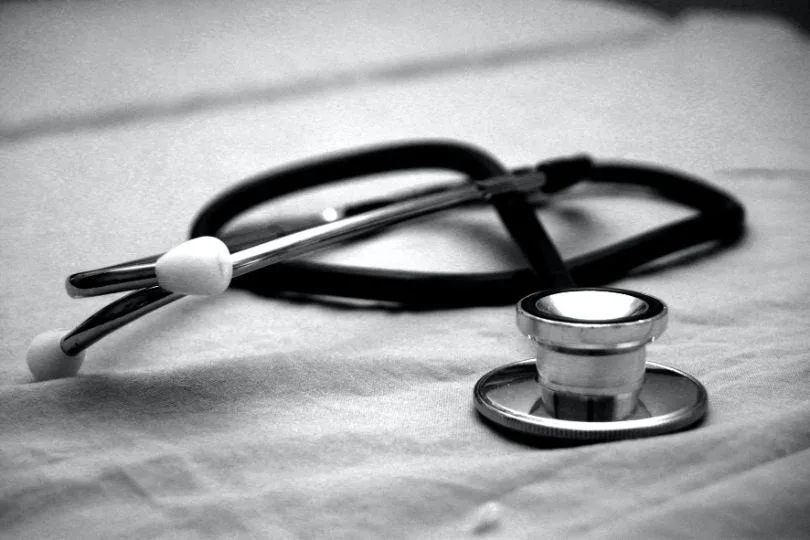To say that you need to keep an eye on your well-being is always an understatement. Whether you are as fit as a fiddle or can’t tell the difference between a treadmill and an elliptical machine, you still need a regular health assessment or check-up. But why is that? While many of us can tell when there is something up with our bodies, we hardly ever know just what it is, and here is where a check-up comes into play. Let’s have a look at the importance of regular health checks.
Early detection of health problems
Arguably one of the more important reasons why you need to have regular checks. Underlying issues such as diabetes, heart disease, and cancer can all be diagnosed and detected during check-ups, making them extremely vital. Remember that early detection can lead to entirely eradicating disease or illness, as well as lead to an initial treatment to help you manage the condition, especially in cancer, where early detection is vital to help you overcome it.
All screenings are done based on your age, race, gender, history, and lifestyle. Often medical screenings can mean the difference between life and early death, so next time you head to your GP, ask them to screen you for a few things. Also, note that in many cases, an illness has reached a point of no return, and it then becomes very challenging to manage. When a condition gets to this point, it can have dire consequences on both your finances and your mental health.
Staying on top of your health
Since we touched on screenings, it is a determining factor to help you stay on top of your well-being. First things first, never ignore your body. Toothache? See the dentist. Intense backache? Head to a chiropractor. Loss of taste and feeling feverish? It might be time for a COVID-19 test. The point is that ignoring your body might lead to even worse, damaging effects that might last even longer than usual. Here are some of the tests you can get the doctor to perform to reduce your health risk:
- Cholesterol
- Diabetes
- High blood pressure
- Body Mass Index
- Breast and cervical cancer early detection tests
- Colorectal Cancer Screening
- Oral health
- Immunization
- Skin cancer
- Prostate cancer screening
- Viral hepatitis
- COVID-19
- HIV
- AIDS
- Tuberculosis

Source: https://unsplash.com/photos/pA0uoltkwao
How regular is regular?
Many of us believe that heading to your GP every few years is what’s going to keep any scares at bay, but this could not be further from the truth. Generally, visiting your doctor at least once a year is enough. But why is that? Routine visits are essential to keep and manage our well-being. As mentioned before, the key to a healthier you and having a regular assessment can lead to early detection of a range of illnesses.
What should women be checking for?
A lot is considered when having a medical exam. This includes your age, race, gender, and even where you stay. Sometimes certain illnesses are more prevalent in women than men and vice versa, so it’s important to know what to look out for to check. Also, understand that there are certain health problems you should never ignore, so for that reason, here are some medical checks that are vital:
- Mammogram: A mammogram is an x-ray of your breast to decide if you have breast cancer. This must be checked once a year since breast cancer can occur at any time in your life.
- Pap smear: Your OBGYN will use a special tool to take some cells from your cervix. These cells are then tested for cancer. Again, you must have this done at least once every year.
- Bone density test: This is a test few people ever take, not even once. However, it must be done at least once a year. So, what is it for? A bone density test is done to determine the density of your bones, whether they are weak or strong. Weak bones, unfortunately, mean you might have osteoporosis.
- Colonoscopy: This procedure involves a fiber-optic instrument inserted into your anus and then scanning your colon for cancer. You must start screening for this once a year from age 50.
- COVID-19: While we have learned to live with the pandemic, we need to consistently get tested, or rather, if you feel any of the symptoms, to then get tested – even if you are vaccinated.
What should men be checking for?
Men are far less likely to seek medical help, often to their detriment. Just like everyone else, men need to have regular exams at least once a year. However, there are specific tests they need to do as well; these include:
- Prostate exam: There are two tests that can take place; firstly, a digital test can be done where a doctor will insert a finger into the anus and check for any irregularities. The second method involves prostate-specific antigen blood tests. It’s recommended that either of the tests is done once a year.
- Testicular cancer test: For every routine physical exam, ask your doctor for a testicular cancer test. This test, as the name suggests, checks for cancer.
- Colonoscopy: Just like with women, men should screen for this from age 50 and up once a year.
- COVID-19: Like women, men should also get screened for COVID-19 if and when the symptoms arise. There are two types of tests, a laboratory and a rapid test, your healthcare provider will advise you on the one you need to take.

Source: https://unsplash.com/photos/HujoqK2H88o
Reduce your risk of getting sick
Doctors are trained to know precisely what is wrong with us, even when we are unaware that we are catching a mere cold. None of us want to suffer through days or even weeks and months of issues, so understand that a regular assessment is vital for a better quality of life. Look at it this way, a generation ago, think Gen Xers and Boomers too; people only went to the doctor if they were sick. This simply does not work today.
You need your body to function correctly, so your well-being is key to maintaining a healthy life. We are grateful that preventative healthcare is a widespread practice; without it, millions of people will suffer and often die prematurely. Furthermore, people are more empowered today to care for themselves, whether this includes exercising at least three times per week, seeing their doctor for an annual check-up, or eating a well-balanced meal. In closing, to answer if it’s important to get a regular health check. It is crucial and will help you on this journey, which we call life – and hopefully give you a chance at longevity!



![women [longevity live]](https://longevitylive.com/wp-content/uploads/2020/01/photo-of-women-walking-down-the-street-1116984-100x100.jpg)










